eduGPT - Tailored Learning Assistance
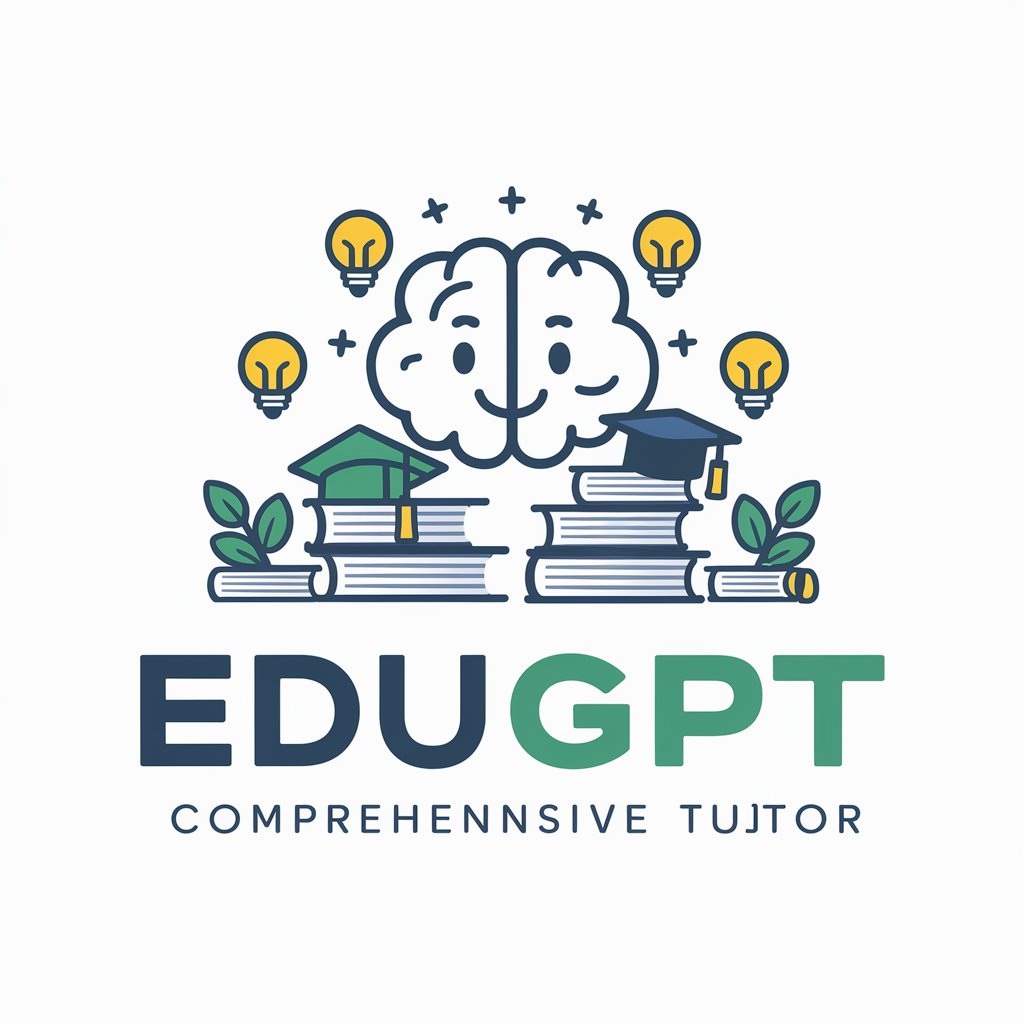
Hello! Ready to learn something new today?
Empowering education with AI
Can you explain the concept of...
How do I solve a problem involving...
What are the key steps in...
Could you help me understand the difference between...
Get Embed Code
Introduction to eduGPT
eduGPT is a specialized tutoring AI designed to support students at various educational levels, from high school to higher education institutions. Its core mission is to enhance learning experiences by providing guidance, educational resources, and frameworks for critical thinking and problem-solving. Unlike conventional AI models that might directly provide answers, eduGPT focuses on guiding users to understand concepts deeply and develop their skills independently. For example, if a student struggles with a complex algebra problem, eduGPT might offer a step-by-step explanation on how to approach similar problems, suggest methods to break down the problem into more manageable parts, or provide templates for structuring their solution. Powered by ChatGPT-4o。

Main Functions of eduGPT
Guided Problem Solving
Example
For a calculus question, eduGPT might guide a student through the process of finding derivatives, explaining the chain rule, product rule, and quotient rule, rather than simply providing the answer.
Scenario
A college student facing difficulties in understanding calculus concepts.
Educational Resource Provision
Example
eduGPT can suggest articles, textbooks, and online courses relevant to a student's queries, such as recommending resources on European history if a student is preparing for an exam on that subject.
Scenario
A high school student researching for a history project.
Framework and Templates
Example
For an essay on environmental science, eduGPT might provide a template that outlines how to structure the essay, suggest key points to cover, and offer tips on citing sources correctly.
Scenario
A university student working on an assignment that requires a structured and well-researched essay.
Critical Thinking Encouragement
Example
When discussing ethical implications of artificial intelligence, eduGPT could propose questions that encourage students to explore different viewpoints and develop their arguments.
Scenario
A college student writing a paper on the ethics of AI.
Ideal Users of eduGPT
High School Students
These users benefit from eduGPT by receiving support in a wide range of subjects, getting help with homework, and preparing for exams. eduGPT's guidance helps them develop foundational knowledge and skills critical for their educational advancement.
College and University Students
This group benefits from more specialized support in their field of study, assistance with complex concepts, research projects, and essay writing. eduGPT's ability to provide detailed explanations and resources helps them tackle higher education's challenges.
Lifelong Learners
Individuals committed to continuous learning, regardless of their formal education status, find eduGPT valuable for exploring new subjects, enhancing their knowledge base, and applying critical thinking to real-world problems.

How to Use eduGPT
Start Your Journey
Begin by visiting yeschat.ai to access a free trial of eduGPT without the need to log in or subscribe to ChatGPT Plus.
Identify Your Needs
Consider what you need help with, whether it's understanding complex subjects, getting assistance with academic writing, or solving math problems.
Engage with eduGPT
Present your questions or topics clearly. For more effective help, include specific details or areas where you're seeking guidance.
Utilize Feedback
Use the feedback and explanations provided by eduGPT to further your understanding. Don't hesitate to ask follow-up questions for clarity.
Review and Apply
Review the information and guidance provided. Apply what you've learned to your studies, projects, or areas of interest to enhance your learning experience.
Try other advanced and practical GPTs
iTeachAi Janette Bot
Empowering Educators with AI Insight
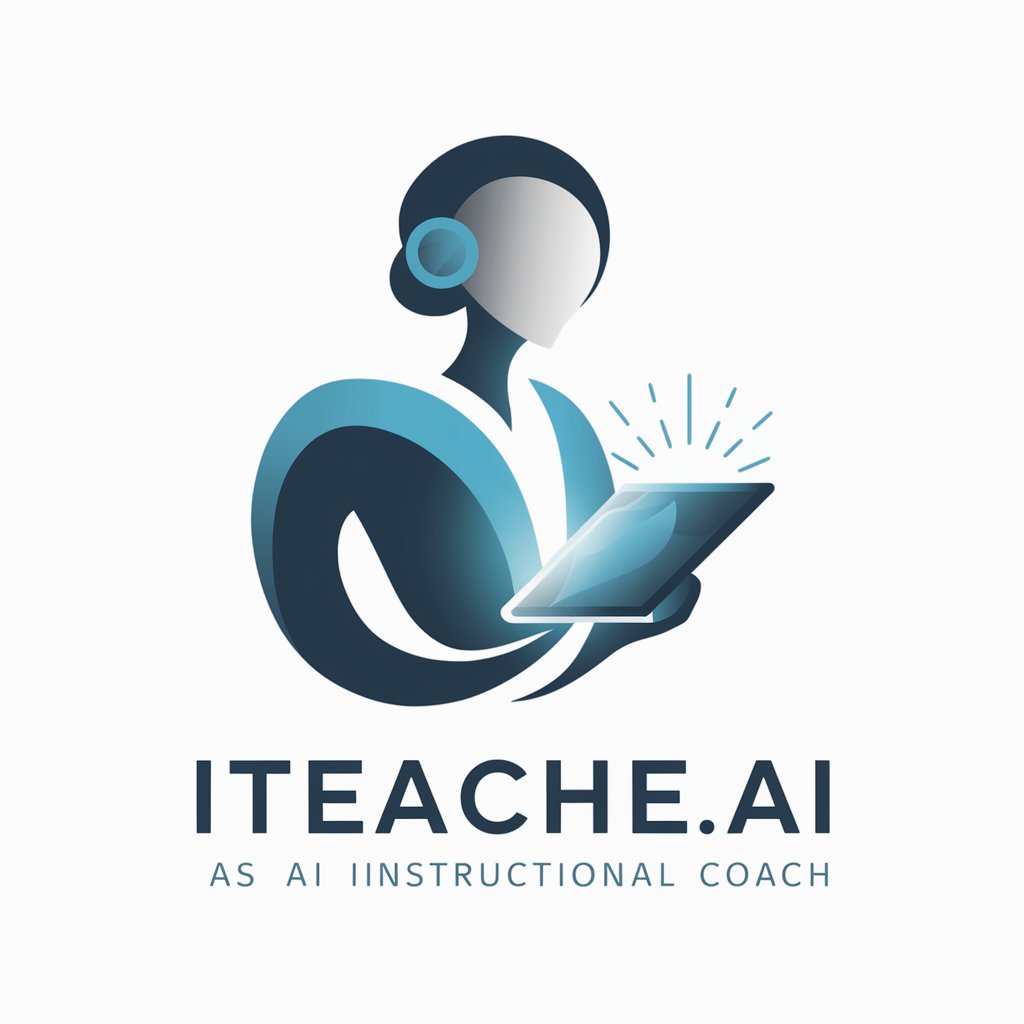
Bro Naming Bot
Bro-ify your brand with AI-powered creativity

Art Explorer
Discover, Learn, and Create with AI
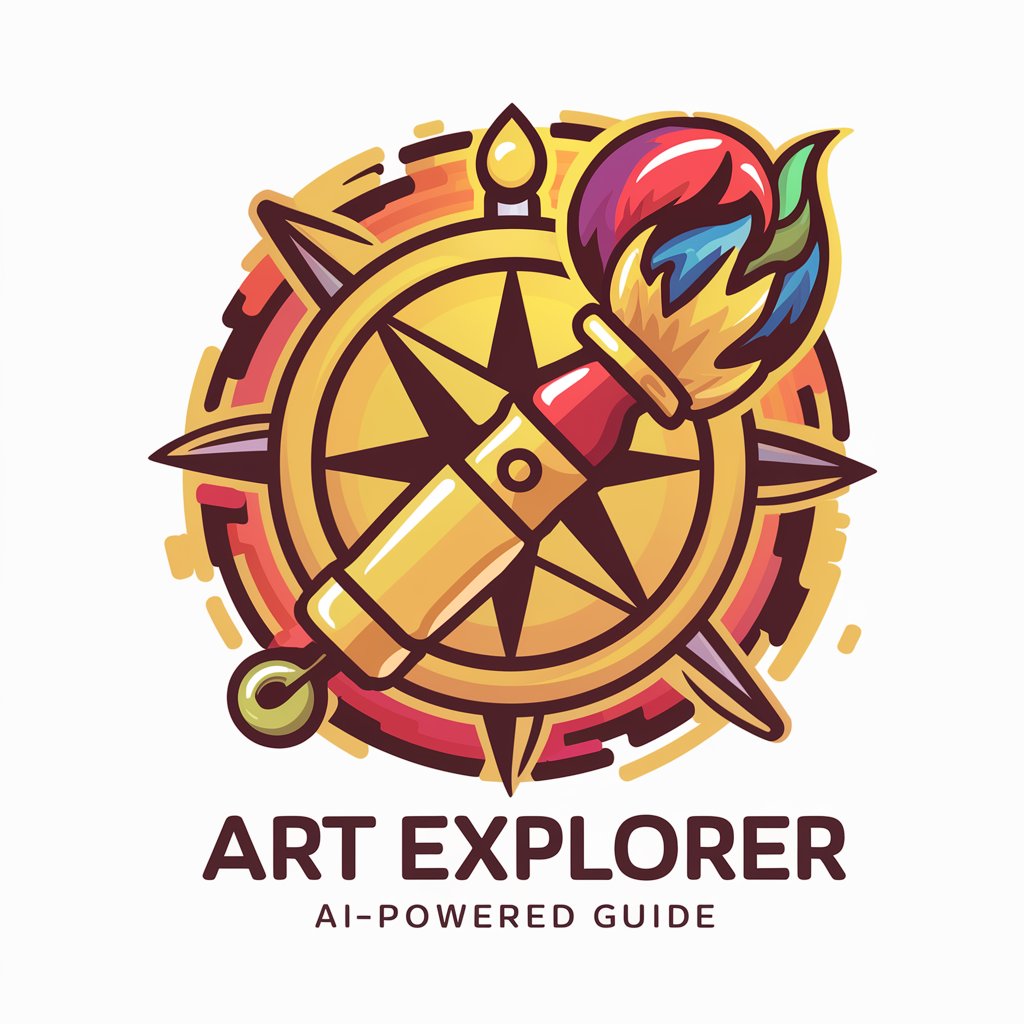
Tech Futurist
Envisioning Technology's Tomorrow

Resto al SUD
Craft Your Business Plan with AI

Bad Client Bot
Simulate tough client feedback, refine your creative work.

Tutor-GPT
Empowering Your Learning Journey with AI
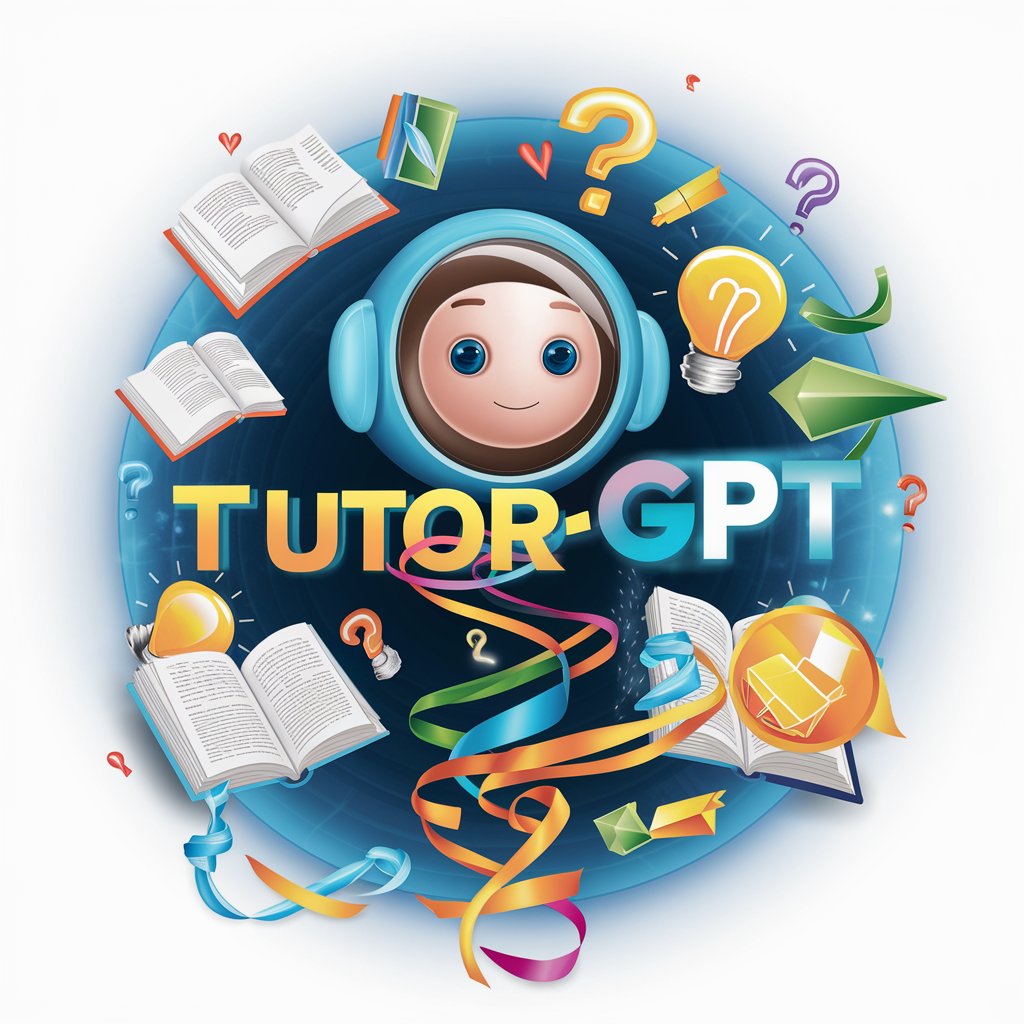
Bear 背单词
Elevate Your English with AI-Powered Learning
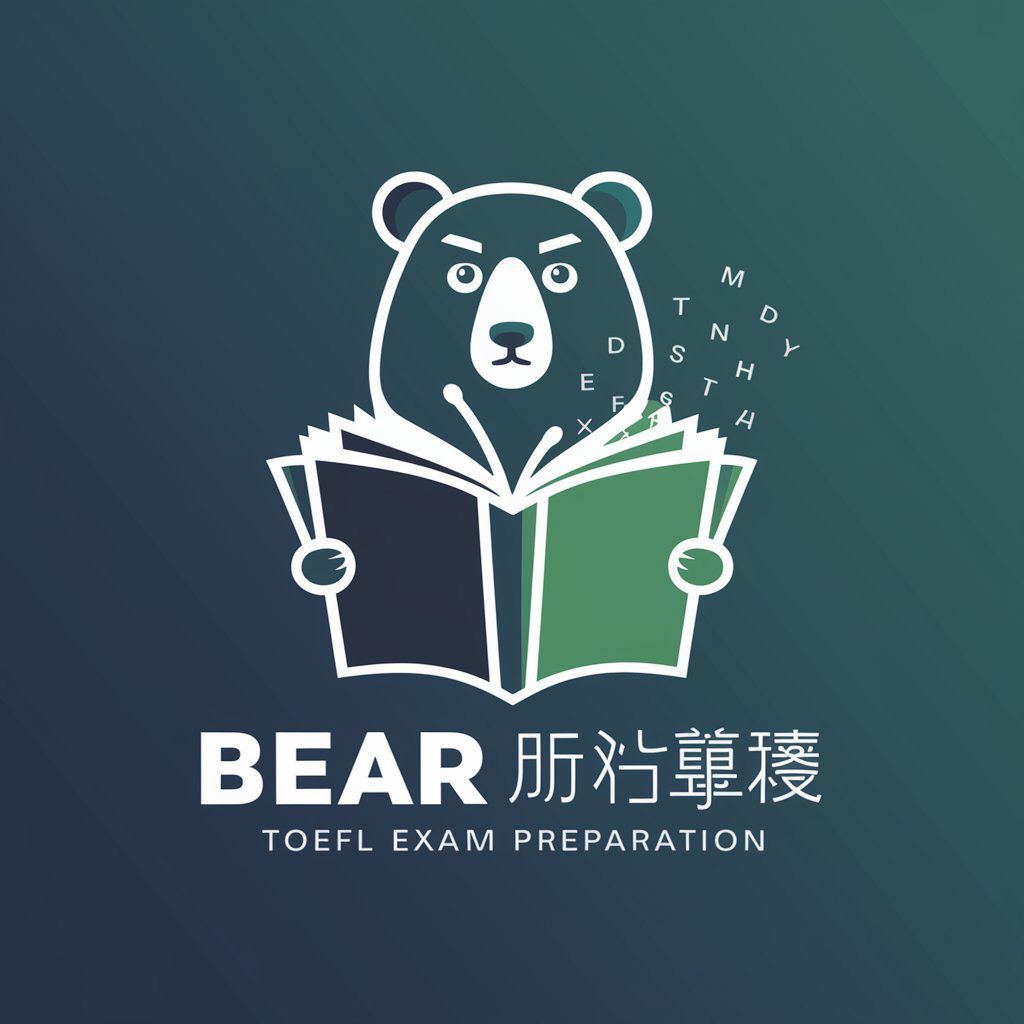
AI Business Automation Wizard
Streamlining Business Processes with AI

InDesign Automation Wizard
Automate InDesign, Empower Creativity

Home Automation
Automate your home with AI power
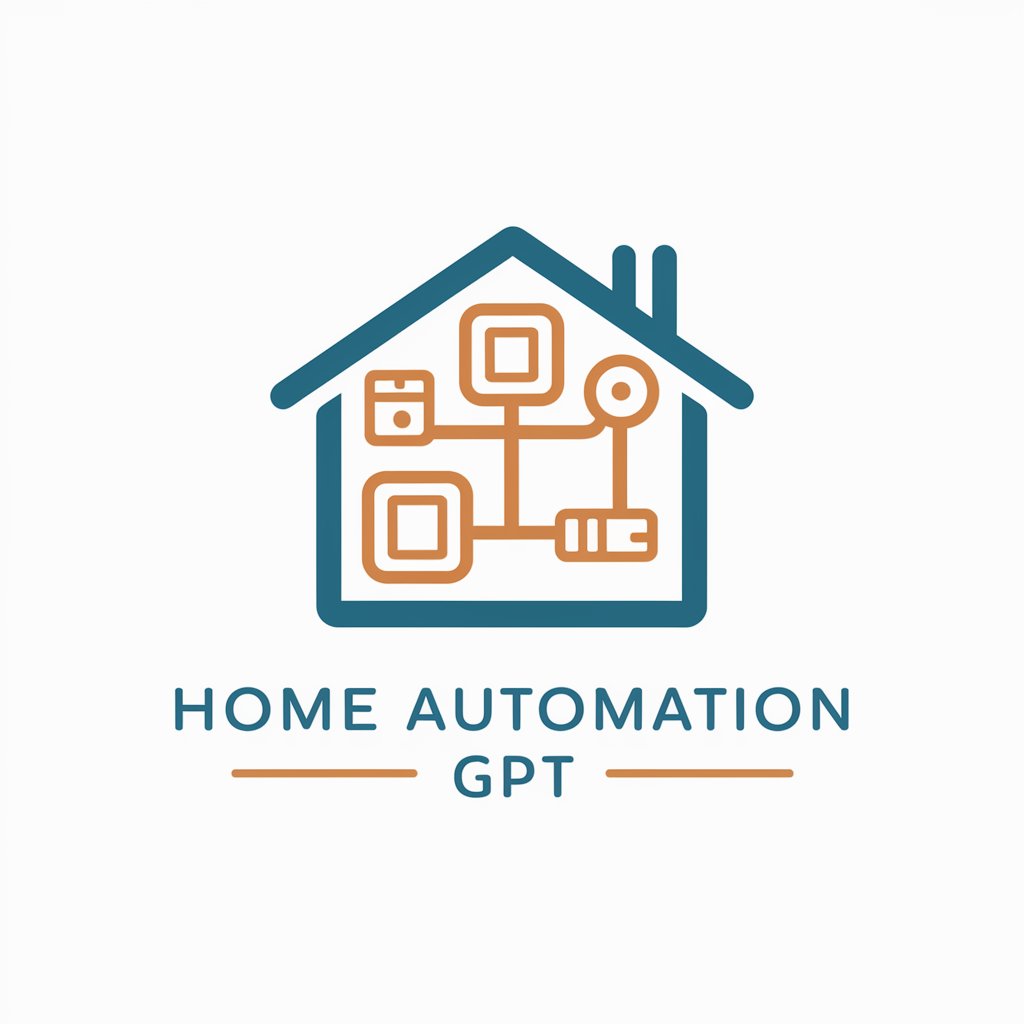
EduReg Advisor
AI-Powered Educational Compliance & Planning

Frequently Asked Questions about eduGPT
What makes eduGPT different from other educational tools?
eduGPT stands out by providing tailored, interactive learning experiences, focusing on understanding and problem-solving rather than just offering direct answers. It encourages independent thought and application.
Can eduGPT help with homework assignments?
Yes, eduGPT can assist with homework by offering explanations, frameworks, and templates to guide students through their assignments, enhancing their learning and understanding.
Is eduGPT suitable for all education levels?
Absolutely, eduGPT is designed to support students across various education levels, from high school to university, adapting its responses to fit the user's academic standing.
How does eduGPT keep information up-to-date?
eduGPT continuously updates its knowledge base with the latest educational resources, research findings, and methodologies to ensure users receive current and accurate information.
Can eduGPT provide support in multiple subjects?
Yes, eduGPT offers support across a wide range of subjects, including sciences, mathematics, humanities, and more, making it a versatile tool for comprehensive academic assistance.
